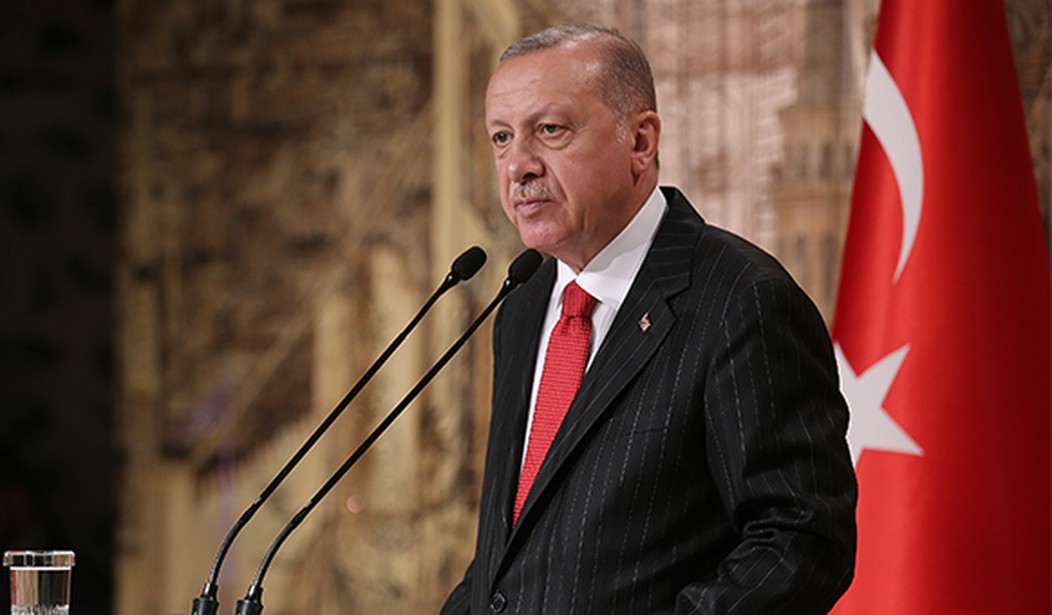Turkey's May 14, 2023, national elections are critical, foremost for Turkish citizens. Their democracy is at stake.
But that isn't the only reason Turkish and European media call next week's vote the most important in 100 years. The election, which pits the President Recep Tayyip Erdogan against the much more moderate Kemal Kilicdaroglu, also affects NATO solidarity, political stability in Eastern Europe and the West's ability to counter Iran, Russia and China in the Middle East.
Erdogan, who leads the moderate Islamist Justice and Development Party (AKP), advocates the "executive presidency" (authoritarian power and control vested in the president). Kilicdaroglu, head of the Republican Peoples Party (CHP), is a moderate pro-parliamentary process candidate. He is backed by a six-party coalition committed to ending Erdogan's reign of economic error, police intimidation and, in the wake of the February earthquakes, destructive corruption.
For Turks, the 100-year mark has genuine significance. A century ago, in 1923, from the WWI ruins of the Ottoman Turk empire, Mustafa Kemal Ataturk established the secular Turkish Republic -- a nonsectarian republic in an overwhelmingly Muslim nation.
Ataturk was a true revolutionary. To state the grand historical case, he is the only man to successfully create a political system to modernize a culturally Islamic nation. Ataturk pursued economic modernization. He emancipated women and ended the Islamic Caliphate -- both acts horrifying radical Islamists then and now. In 2001, Osama bin Laden was still condemning him.
Turkey's 21st-century democracy is Ataturk's legacy.
Erdogan, a man notoriously jealous of Ataturk, intentionally attacks and diminishes Turkey's democratic institutions. Since 2003, when Erdogan became prime minister, year by year Turkey's government has become less secular and more authoritarian as Erdogan forged his powerful executive.
His record for jailing journalists and intimidating opponents is fact, not theory.
Recommended
He is also a threat to the integrity of NATO, which means he's a threat to U.S. security. When he purchased the Russian-made S-400 air defense system, Erdogan put the F-35 Joint Strike Fighter's technological edge at risk.
When it serves him, Erdogan values NATO's commitment to defend Turkey. In April 2012, after confrontations with Syrian troops, he suggested he might invoke NATO Article 5 if fire spilled across the border. However, his deliberately rogue behavior has damaged the alliance. He continues to oppose Swedish membership. As recently as January 2023, good rumor had it that active and retired NATO officials were so concerned about Erdogan's unreliability that NATO ought to consider expelling Turkey.
Kilicdaroglu says he will revive Turkey's bid to join the European Union and support Sweden's admission.
Erdogan's economic and political mismanagement may lead to his defeat.
In 2002, Erdogan won his first national election on a platform to attack inflation, improve the economy and fight corruption. In the fall of 2022, annual inflation hit 86 percent, a 24-year high.
The February earthquakes were the worst natural disaster in the history of modern Turkey -- the Feb. 6 quake might be the biggest in 2,000 years.
In Turkey, an estimated 280,000 buildings were either destroyed or suffered "structural compromise" so they must be abandoned. The number is a fact, not an opinion. In early April, Turkey's interior ministry raised the death toll to 50,399. Relief organizations reported around 1.5 million Turks who survived the earthquakes were still living in tents or other temporary facilities.
Erdogan's slow and poor response has made the earthquakes an election issue he cannot shake.
Did cronyism hamper recovery? Turkey's Disaster and Emergency Management Presidency (AFAD, the agency tasked with handling the disaster) is run by a political appointee who has little emergency management experience.
Government failure to enforce construction standards is definitely an issue. Some critics suspect corruption by national and local officials contributed to the disaster. Government "construction amnesties" allowed builders to ignore safety codes in areas where housing shortages existed. In 2018, Erdogan allowed one in the city of Kahramanmaras. In March 2019, he publicly touted new housing in Kahramanmaras as one of his administration's major achievements.
In February, the quakes leveled the city.

























Join the conversation as a VIP Member